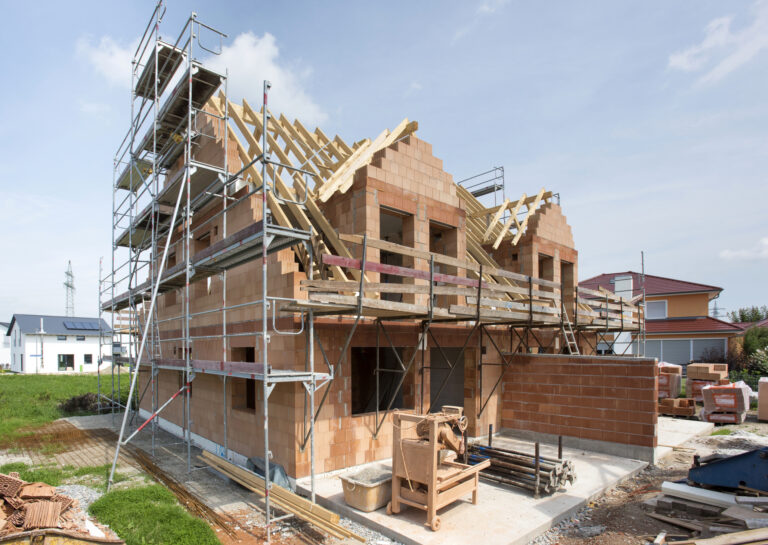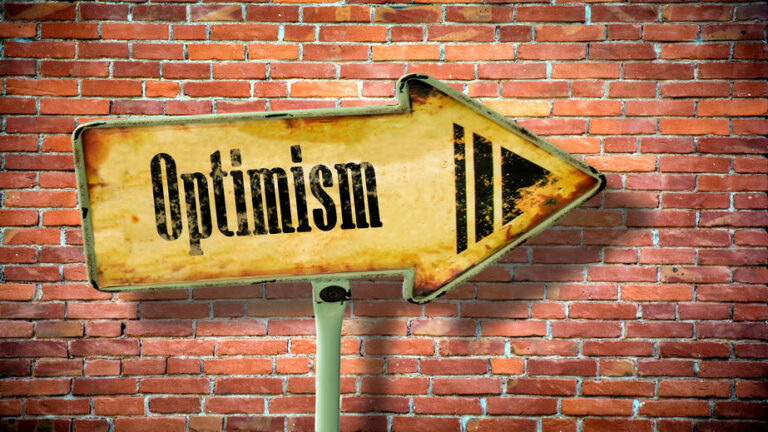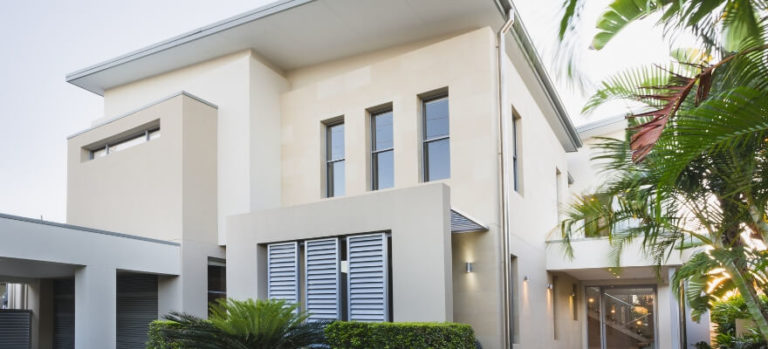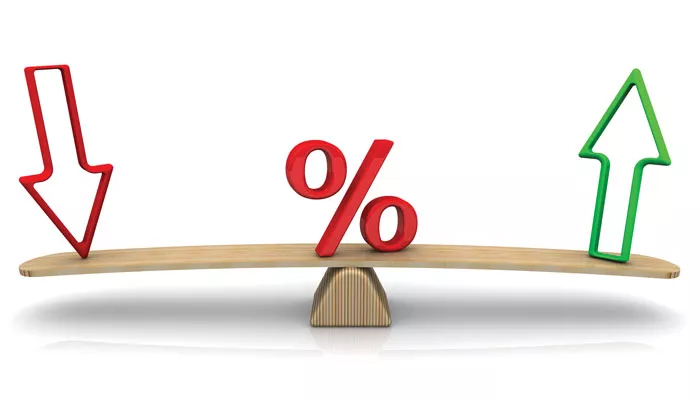There’s usually a catch to selling a badly performing investment property. Although it might seem like a relief to get rid of it, you may have to pay capital gains tax, selling costs and even stamp duty when you reinvest which could cost you more than if you simply keep it.
Here we investigate exactly how bad your property’s performance needs to be to warrant selling, in order to help you make an informed decision about the financial choices you are facing.
What is a Badly Performing Property Investment?
A successfully performing property investment has an average growth rate of seven to 10 percent (or higher) per annum. Keep in mind, the property’s actual value may not appreciate evenly by this amount each year, but the average over a long period should be true.
Typically, you will need to have owned the property for 10 to 15 years for its growth rate to be a reliable indicator. If you have owned the property for less than 10 years, you should compare its past growth rate with the marker (similar properties in the same area over the same period of time).
In short, if your property has appreciated at less than seven percent per annum and has not kept up with the comparable market’s properties, then you have yourself a badly performing property investment.
The Costs Involved in Selling A Badly Performing Property
The cost of selling your property investment may include:
Selling Costs
- agent selling fees
- marketing and advertising
- repairs
- staging (if necessary)
- Capital Gains Tax
- your gain multiplied by 23.5%, equals your estimated capital gains tax cost.
- Purchasing Costs
- stamp duty
- buyers’ agent fees
What You Need to Justify Divesting and Reinvesting
Here are the questions you need to ask yourself in order to justify divesting yourself of your badly performing property and reinvesting in another potentially more profitable investment:
- If you divest yourself of your existing asset and invest in a replacement property that grows at seven percent per annum, after 15 years will you be better off in today’s dollars?
- In the long run, will a superior growth rate generate significant value?
- Is it justifiable to pay the capital gains tax in order to benefit in a reduction of your non-tax deductible?
- Is the new potential property investment justifiably better in order to offset the costs associated with divesting and reinvesting (as explained above)?
- What is the amount of your home loan and the amount of equity in the investment? Does your property investment have enough equity to be an advantage in selling in order to reduce your home loan?
- What is your borrowing capacity and current cash flow?
When answering all of these questions you must be thinking long-term impact, not immediate costs.
In summary, if you feel that you have a badly performing investment it is essential that you research why it is performing badly, how you can go about fixing this and whether or not selling and reinvesting is financially beneficial in the long run.










